I’m reading The Year of Magical Thinking by Joan Didion. It’s wonderfully written, yet halfway in, I’m not sure I like the book. Well, the book I like. It’s my relationship to the book that puts me ill at ease.
I came to the book from several sources.
One. A mentor/advisor recommended it once she discovered my renewed interest in journalism and creative writing. She spoke highly of the author in general and this book in particular, so I added to my ever-growing List of Books to Read.
Two. Every now and again I review the list of Pulitzer Prize winners and add them to the similarly growing, often overlapping List of Writers to Know.
Three. Pearl Cleage’s newest book arrived amidst much fanfare, and more than once I saw Joan Didion’s name referenced as a peer. As in, this book is autobiographical/confessional and brings to mind other well-read writers like Joan Didion.
Four. In the aforementioned book, Pearl notes Joan’s work (although not this offering – it hadn’t been written at the time). As it was already on two Lists, and her name was becoming a steady fixture in my consciousness, I finally ordered it.
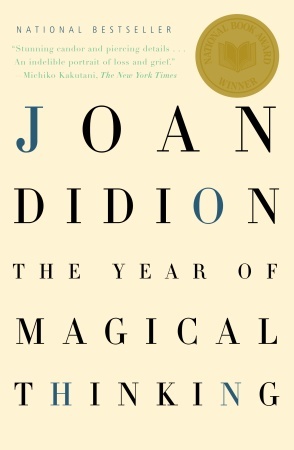 So, the book…The very first page compels. Yet soon thereafter, I’m repelled. She’s exploring her husband’s sudden death, and it’s so well done, I feel it.
So, the book…The very first page compels. Yet soon thereafter, I’m repelled. She’s exploring her husband’s sudden death, and it’s so well done, I feel it.
Having experienced my mother’s death up close (albeit 11 years ago), much of what she wrote hit notes I wasn’t prepared to experience. The circumstances and the relationship were different, but the trauma and the grief remain true.
I put it down for a day or so.
I picked it up again and found myself, at turns, congratulating myself and questioning the book. Congratulations because I saw whispers of my writing style in hers, and I thought this might be a good mentor text for professional development. Questions because, unlike Pearl’s book which seemed to edify and affirm something in me, Joan’s book felt more… I hesitate to say it… self-serving?
I believe in the power of storytelling, yet something about this storytelling seems to serve the teller. Which is an interesting critique given my praise of Pearl as her journals were originally meant to serve herself. Pearl didn’t write them to publish them. She wrote them to reflect. I don’t know if Joan set out to document this period in her life so she could publish it, or decided later on the story could be valuable. It certainly can be. I’m sure it has been.
To be fair, I’m at the halfway point. And maybe the crux of my resistance is the emotion. Because her writing is so clear, because she lets you inside the black box, you know and witness and feel everything. Which is good writing, great writing, but a bad feeling if that’s not the feeling you want.
So I have mixed feelings. I like the book, but I don’t love it. I do plan to finish reading it.
Did you read it? What did you think of it?


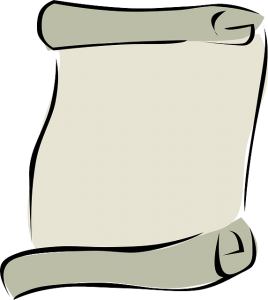 Reading it makes me wonder how much wisdom gets lost because women don’t share their most intimate thoughts? Either aloud or in writing? Many of us live our lives, and simply figure out the hard shit as we go along.
Reading it makes me wonder how much wisdom gets lost because women don’t share their most intimate thoughts? Either aloud or in writing? Many of us live our lives, and simply figure out the hard shit as we go along. The water is to my ankles. My calves. I stretch my hands out, beckoning the water to me. Beckoning my spirit to it. I keep walking. My hips are underwater now. I stop and slide down, until the water is at my neck. On my knees, I am still. I play a game with the water, keeping my abs tight, trying not to move my body. It’s good exercise.
The water is to my ankles. My calves. I stretch my hands out, beckoning the water to me. Beckoning my spirit to it. I keep walking. My hips are underwater now. I stop and slide down, until the water is at my neck. On my knees, I am still. I play a game with the water, keeping my abs tight, trying not to move my body. It’s good exercise.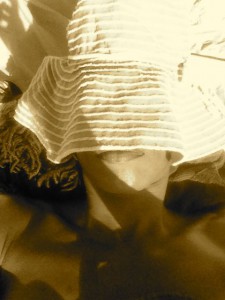 I wake up a few times and turn over. Don’t wanna be too brown on one side. Eventually I can no longer ignore the gnawing in my stomach. It’s lunch time. It’s been a long time since I’ve eaten alone. I tell myself it’ll be fun. Like old times. Relearning to enjoy singledom and solitude?
I wake up a few times and turn over. Don’t wanna be too brown on one side. Eventually I can no longer ignore the gnawing in my stomach. It’s lunch time. It’s been a long time since I’ve eaten alone. I tell myself it’ll be fun. Like old times. Relearning to enjoy singledom and solitude?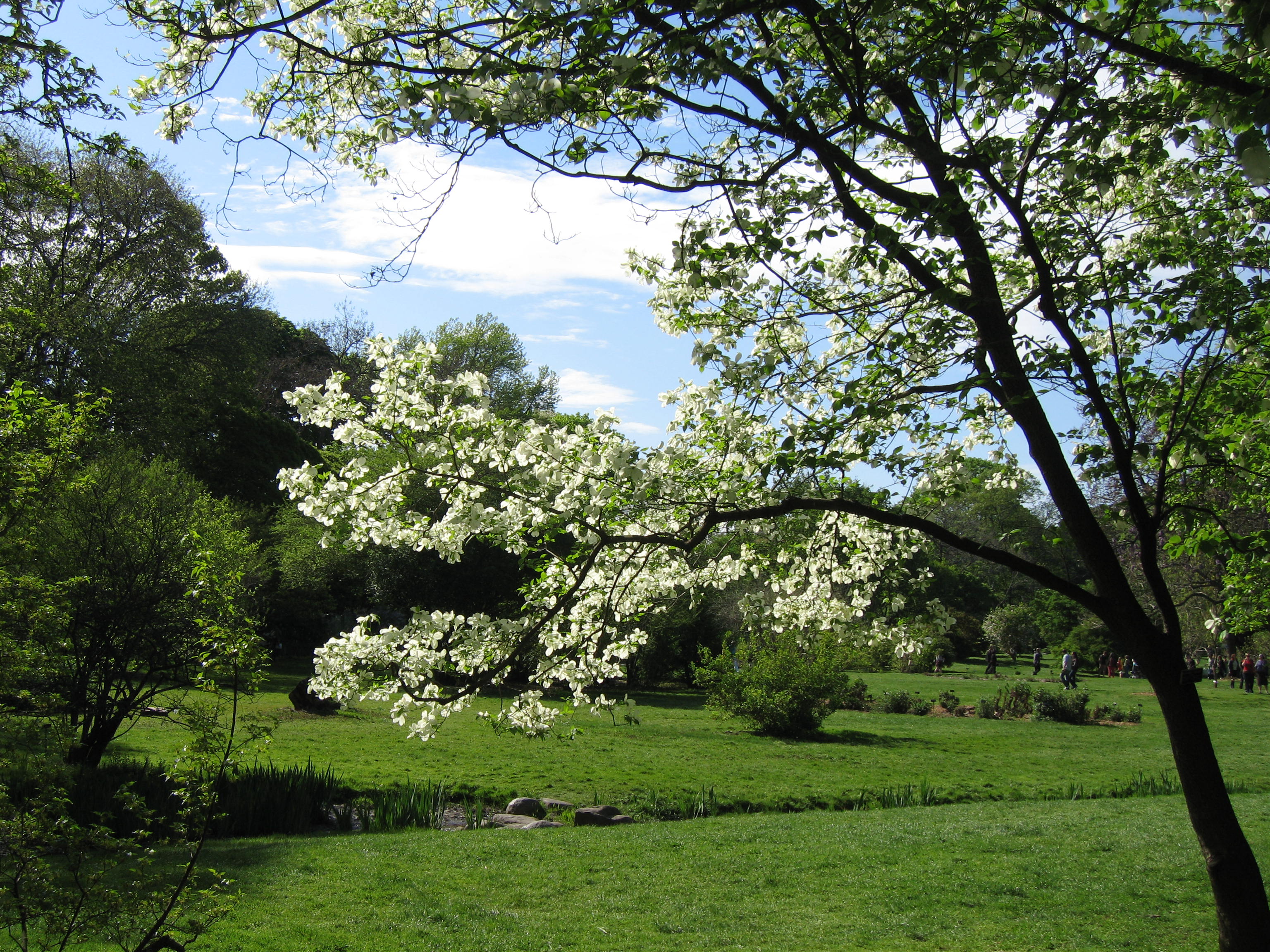
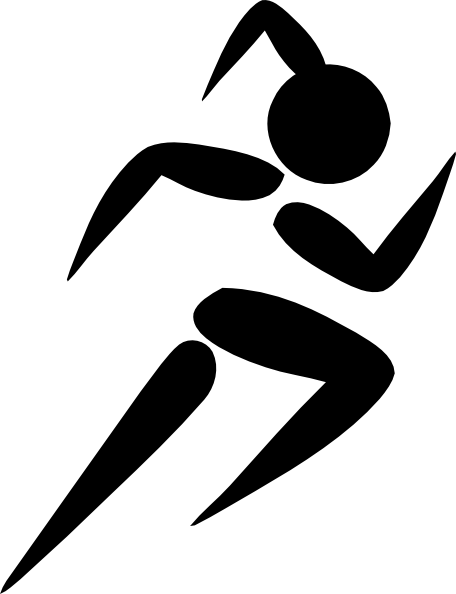
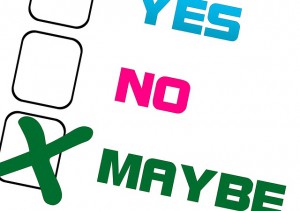
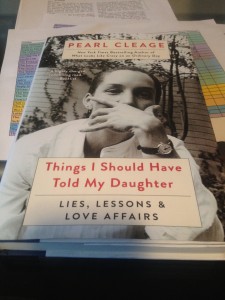 The rain is tapping a sleepy rhythm outside, and I’ve been fighting sleep (I lost one battle) throughout the day. April showers bring May flowers and all that, but I can’t help but wish for warmer temps to help cheer the gray days.
The rain is tapping a sleepy rhythm outside, and I’ve been fighting sleep (I lost one battle) throughout the day. April showers bring May flowers and all that, but I can’t help but wish for warmer temps to help cheer the gray days.